This
post was originally published on
this sitehttp://www.marksdailyapple.com/
 Winter is here. It’s cold outside—often cold and snowy and/or rainy enough to dissuade most people from extensive outdoor activities—and extremely warm indoors. Families are getting together, companies are throwing holiday parties, we’re eating, drinking and merry-making. Alcohol is everywhere, and many of us will be drinking more than we usually do. In fact, this time of year presides over a sharp spike in alcohol consumption.
Winter is here. It’s cold outside—often cold and snowy and/or rainy enough to dissuade most people from extensive outdoor activities—and extremely warm indoors. Families are getting together, companies are throwing holiday parties, we’re eating, drinking and merry-making. Alcohol is everywhere, and many of us will be drinking more than we usually do. In fact, this time of year presides over a sharp spike in alcohol consumption.
What’s it mean for your workout?
After looking at the research, at first glance, I’m going to be honest with you: It doesn’t sound good.
But it’s also not the end of the world.
The Bad News: Alcohol’s Impact On Exercise
Alcohol Dehydrates You
Alcohol is one of the worst diuretics, impairing the body’s ability to reabsorb water and increasing the amount we urinate.
Going into a workout with suboptimal hydration levels is a serious handicap.
It increases your cortisol:testosterone ratio after a session, reducing your gains and making the workout more stressful than it should be. A big part of the “workout afterglow” is the rush of testosterone; with that effect blunted and stress heightened, you’ll miss out on the sense of well-being a good workout provides.
It reduces performance during a cycling time trial, making the workout feel harder and increasing the amount of glycogen you burn. The same thing happens when you lift; dehydration reduces performance, impairs heart rate recovery, decreases the number of reps, and makes the lifts feel harder than normal.
Dehydration also increases injury risk. Your tendons, ligaments, and other bits of connective tissue require optimal hydration to stay supple and strong. Demand too much from a dehydrated Achilles’ tendon and you may regret it.
These things are likely to happen if you fail to rehydrate after drinking and before you train. They are avoidable, provided you rehydrate with some water, salt and lime.
Alcohol Can Impair Your Body Control
Postural control degrades rapidly under the influence of alcohol. Even low-dose alcohol has an immediately negative effect on your ability to control your body through space and time. This has major ramifications for training, particularly full-body, compound lifts like squats, deadlifts, or complex skill-based training. Just as driving after drinking is dangerous, so is lifting (even the day after in many cases).
Alcohol Can Be Bad For Sleep
Alcohol might “knock you out” at the end of the night, but it does not give a restful, restorative sleep.
Alcohol starts by inhibiting melatonin secretion. Yes, when you fall asleep after alcohol, it’s not because of your usual melatonin release. It’s because alcohol is a good old fashioned muscle relaxant and sedative. With alcohol, you’re “forcing the issue,” rather than allowing your circadian clock to gently lull you off to peaceful slumber. This inhibits the growth hormone release that normally follows melatonin-induced sleep onset, so you miss out on the muscle-building, fat-burning effects of a good GH session.
Then, once your body clears the alcohol, you get the “rebound effect”—which throws your sleep cycle into immediate disarray, waking you up, leaving you scrambled and confused, and further disrupting the muscle recovery process.
To top things off, the next day you’ll often feel trashed, hungover, and exhausted. If you were planning on getting in another workout, you’ll have a more difficult time convincing yourself after a night of drinking (and, given the previous point, a more difficult time performing certain workouts as safely).
Alcohol Can Potentiate Fat Storage
If you’re exercising as part of a larger strategy to lose body fat and improve body composition, alcohol can “affect your workout” by impairing fat oxidation. When you drink alcohol, it gets precedent over the other macronutrients. Fat, carb, and protein metabolism all take a back seat to alcohol metabolism. Too many carbs and fatty acids floating around your blood might cause problems in the long term, but ethanol is truly toxic—its removal gets top priority.
This is good for your acute health, but it also means that fat and carb oxidation are suppressed, and any food you consume alongside the alcohol is more likely to be stored as body fat.
The Big Picture: Choosing Wisely
So, never drink? No.
But be smart about it.
Don’t Drink and Then Train
Almost no one is doing this, except rats in studies and guys doing pushup competitions in the alley outside the bar at 2:15 A.M. All the studies indicate that you’ll lose power, strength, endurance, and performance while increasing your risk of injury and getting subpar training effects.
Don’t Drink Every Day
Especially don’t drink to excess every day. Chronic intakes of alcohol mean you’re never quite off the sauce, and studies in alcoholics indicate that chronic drinking does impair hormonal health and reduce muscle protein synthesis.
Keep It Moderate
When you binge on alcohol (1.5 g alcohol per kg of bodyweight or more, about 9 drinks), muscle protein synthesis and the hormonal cascade related to it are blunted for several days. When you drink smaller amounts of alcohol (under 1.5 grams per kg), testosterone actually goes up.
If You’re Going To Drink, Make Sure You’ve Already Worked Out
A hard workout before you drink alcohol improves your ability to metabolize that alcohol, reduces its negative effects, and gives a psychological boost (“I earned this glass of wine”) that improves the subjective experience of drinking. However, your strength may take longer to recover if you decide to drink after a workout, especially if you’re a man. Post-workout alcohol consumption doesn’t seem to affect women’s muscle performance recovery.
If Alcohol Ruins Your Sleep, Know It Will Limit Your Training Adaptation
Either avoid drinking—that’s what I did when I found alcohol had terrible effects on my sleep—or take a few steps to improve your alcohol clearance. Start and finish drinking earlier to give your body more time to clear it out before bed. Try some or all of the hangover prevention methods I outlined here. At the very least, drink water alongside alcohol and (before bed) take some supplemental melatonin and drink salty sparkling mineral water with the juice from a couple limes.
Alcohol has the potential to destroy your gains, impair your sleep, increase your risk of injury, and dehydrate you—but only if you overdo it. Figure out what “overdo it” means for you, and avoid stepping over that line.
How do you handle exercise and alcohol? Does alcohol hurt your training? Have you changed your drinking habits for the sake of training?
Thanks for reading, everyone. Take care.
References:
Judelson DA, Maresh CM, Yamamoto LM, et al. Effect of hydration state on resistance exercise-induced endocrine markers of anabolism, catabolism, and metabolism. J Appl Physiol. 2008;105(3):816-24.
Logan-sprenger HM, Heigenhauser GJ, Jones GL, Spriet LL. The effect of dehydration on muscle metabolism and time trial performance during prolonged cycling in males. Physiol Rep. 2015;3(8)
Logan-sprenger HM, Heigenhauser GJ, Jones GL, Spriet LL. Increase in skeletal-muscle glycogenolysis and perceived exertion with progressive dehydration during cycling in hydrated men. Int J Sport Nutr Exerc Metab. 2013;23(3):220-9.
Kraft JA, Green JM, Bishop PA, Richardson MT, Neggers YH, Leeper JD. Impact of dehydration on a full body resistance exercise protocol. Eur J Appl Physiol. 2010;109(2):259-67.
Modig F, Patel M, Magnusson M, Fransson PA. Study I: effects of 0.06% and 0.10% blood alcohol concentration on human postural control. Gait Posture. 2012;35(3):410-8.
Kakarla P, Kesireddy S, Christiaan L. Exercise training with ageing protects against ethanol induced myocardial glutathione homeostasis. Free Radic Res. 2008;42(5):428-34.
Barnes MJ, Mündel T, Stannard SR. Acute alcohol consumption aggravates the decline in muscle performance following strenuous eccentric exercise. J Sci Med Sport. 2010;13(1):189-93.
Preedy VR, Paice A, Mantle D, Dhillon AS, Palmer TN, Peters TJ. Alcoholic myopathy: biochemical mechanisms. Drug Alcohol Depend. 2001;63(3):199-205.
The post How Does Alcohol Affect a Workout? appeared first on Mark’s Daily Apple.

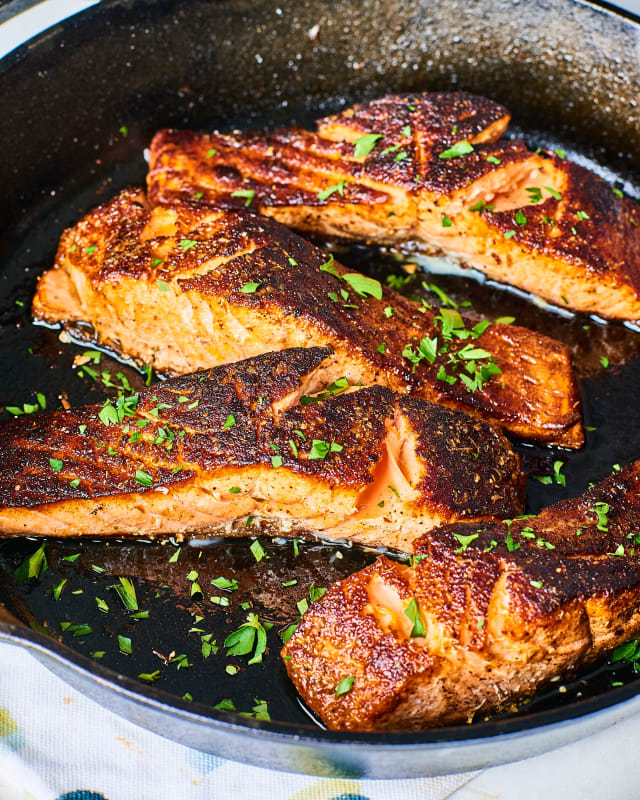

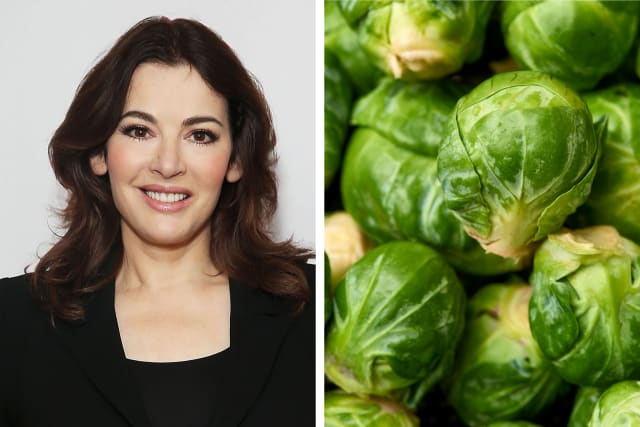
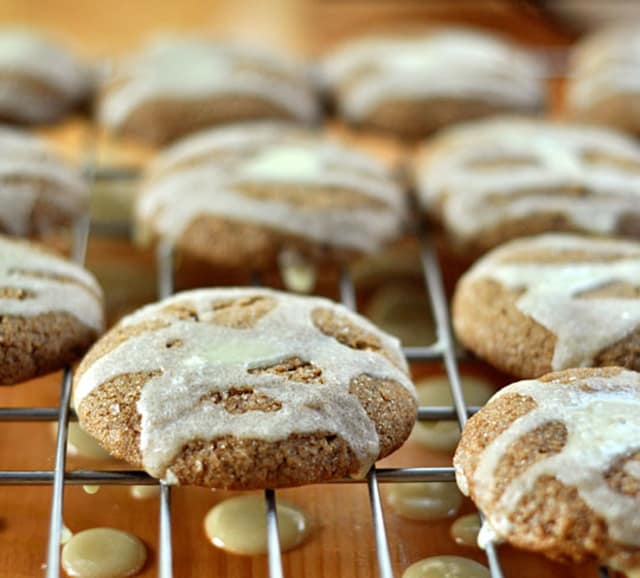


 Winter is here. It’s cold outside—often cold and snowy and/or rainy enough to dissuade most people from extensive outdoor activities—and extremely warm indoors. Families are getting together, companies are throwing holiday parties, we’re eating, drinking and merry-making. Alcohol is everywhere, and many of us will be drinking more than we usually do. In fact, this time of year presides over a sharp spike in alcohol consumption.
Winter is here. It’s cold outside—often cold and snowy and/or rainy enough to dissuade most people from extensive outdoor activities—and extremely warm indoors. Families are getting together, companies are throwing holiday parties, we’re eating, drinking and merry-making. Alcohol is everywhere, and many of us will be drinking more than we usually do. In fact, this time of year presides over a sharp spike in alcohol consumption.
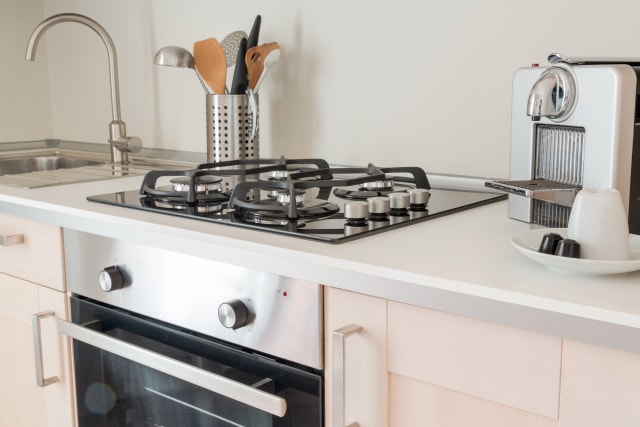
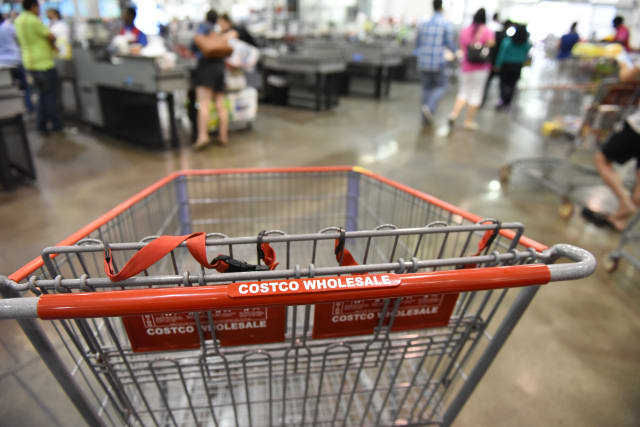

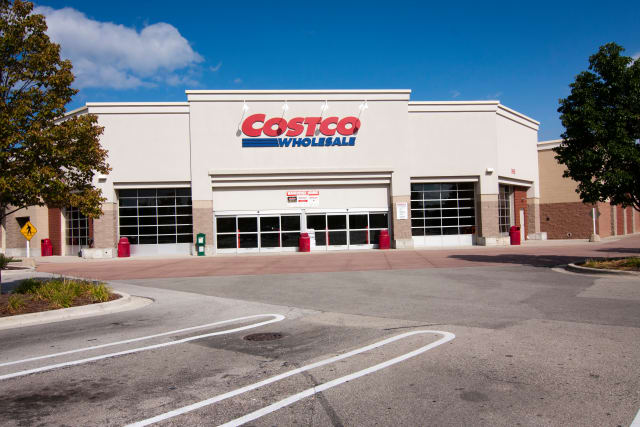
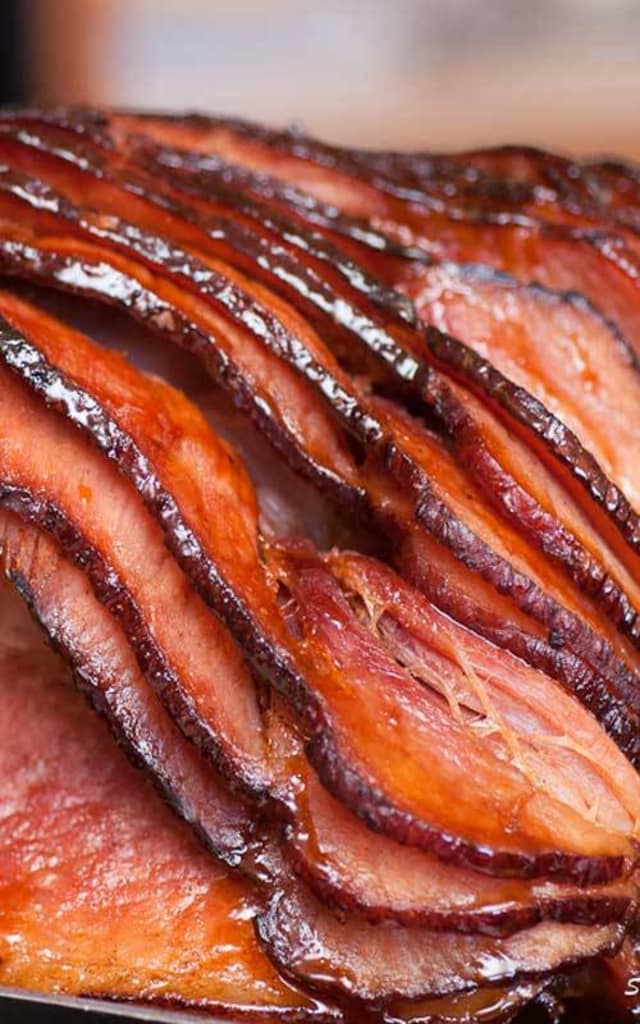
 For now classes are 6pm and 640pm at 2840 Wildwood st in the Boise Cloggers studio.
Book your class NOW!
click this ==>
For now classes are 6pm and 640pm at 2840 Wildwood st in the Boise Cloggers studio.
Book your class NOW!
click this ==>








